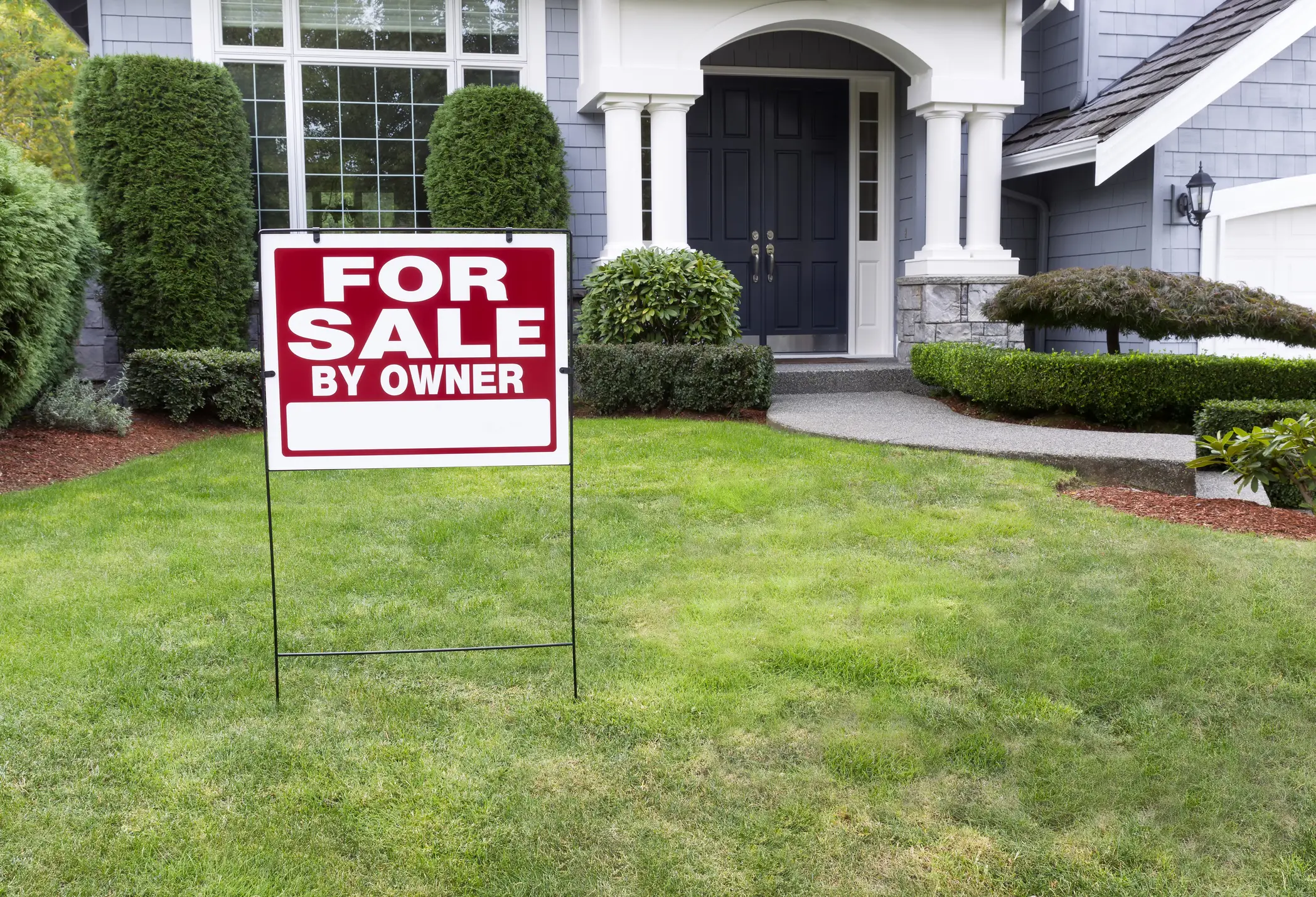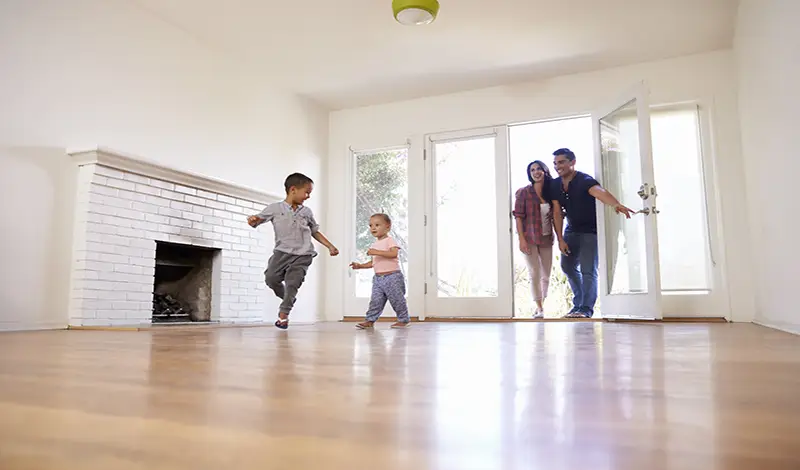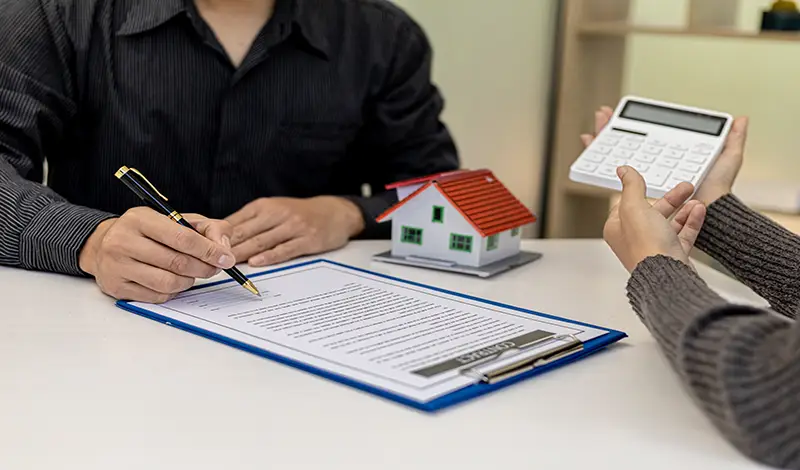The Psychological Rollercoaster of Buying a House
Published on May 29, 2024 | 5 Minute read

Melanie
Ortiz Reyes
Content Specialist
Buying a house is often touted as one of life's most significant milestones. It's a decision laden with financial implications, practical considerations, and emotional weight. Beyond the tangible aspects of square footage and mortgage rates, there lies a complex landscape of psychological effects that accompany this journey. From exhilarating highs to nerve-wracking lows, the process of purchasing a home can be a rollercoaster of emotions, impacting individuals and families in profound ways.

The Dream and Anticipation
For many, the decision to buy a house begins with a dream—a vision of the perfect home where memories will be made and futures built. This dream ignites a sense of anticipation, fueling excitement and optimism. As prospective buyers envision themselves in various spaces, they often experience a surge of motivation, propelling them forward in their quest for homeownership.
Anxiety and Uncertainty
However, alongside anticipation, anxiety often lurks. The magnitude of the decision, coupled with the intricacies of the housing market, can evoke feelings of uncertainty. Prospective buyers may grapple with questions about affordability, market trends, and the long-term implications of their choice. The fear of making the wrong decision or encountering unexpected challenges can weigh heavily on the mind, leading to sleepless nights and moments of doubt.

The Thrill of Discovery
Amidst the apprehension, there exists a sense of adventure, a thrill in the discovery of potential homes. Open houses become opportunities for exploration, each property offering a glimpse into different lifestyles and possibilities. The process of touring homes allows buyers to refine their preferences, clarifying what they truly desire in a living space. Each new listing brings the promise of discovery, fueling a sense of hope and excitement.
Negotiation and Compromise
As the search progresses, negotiation enters the picture, introducing a new set of emotions. Buyers may find themselves engaged in delicate discussions with sellers, navigating the balance between assertiveness and diplomacy. Compromise becomes inevitable as both parties seek to reach a mutually beneficial agreement. This phase can be emotionally taxing, requiring patience, resilience, and a willingness to adapt.

The Emotional Investment
Upon reaching an agreement and moving forward with the purchase, emotions intensify. The act of committing to a mortgage represents a significant investment, both financially and emotionally. Buyers may experience a mixture of pride and trepidation as they sign on the dotted line, acknowledging the magnitude of their decision. The realization that they are now responsible for a piece of property brings with it a profound sense of ownership and accountability.
Joy and Satisfaction
Despite the challenges, the culmination of the homebuying process often brings unparalleled joy and satisfaction. Stepping into their new home for the first time, buyers are met with a flood of emotions: relief, excitement, and a profound sense of accomplishment. The sight of bare walls waiting to be adorned and empty rooms brimming with potential fills them with optimism for the future. The house transforms from a mere structure into a symbol of hope and possibility, embodying the realization of their dreams.

Settling In and Adjustment
As the initial euphoria subsides, reality sets in, and the process of settling into the new home begins. This phase is marked by a period of adjustment as buyers acclimate to their surroundings and establish routines. Unpacking boxes, arranging furniture, and personalizing the space become acts of self-expression, reflecting the unique identity of the homeowners. With each passing day, the house becomes infused with memories, evolving from a mere dwelling into a beloved sanctuary.
Challenges and Adaptation
Yet, homeownership is not without its challenges. Maintenance issues, unexpected expenses, and unforeseen repairs can test one's resilience and resourcefulness. The emotional toll of navigating these obstacles can be significant, requiring homeowners to draw upon their inner strength and problem-solving skills. Flexibility and adaptability become essential as individuals learn to roll with the punches and embrace the inherent unpredictability of homeownership.

Pride and Fulfillment
Despite the hurdles, the journey of homeownership ultimately fosters a sense of pride and fulfillment. Over time, as homeowners settle into their routines and cultivate a sense of belonging, the house becomes more than just a physical structure—it becomes a reflection of their identity and values. The ability to create a space that aligns with their vision and aspirations brings a deep sense of satisfaction, affirming their capacity to shape their own destiny.
The psychological effects of buying a house are multifaceted and profound, encompassing a wide range of emotions and experiences. From the initial excitement of exploration to the eventual satisfaction of settling into a new home, the journey of homeownership is a transformative one. It challenges individuals to confront their fears, embrace uncertainty, and cultivate resilience in the face of adversity. Ultimately, the decision to buy a house is not merely a financial transaction but a deeply personal and emotional milestone—one that shapes the lives and identities of those who embark upon it.